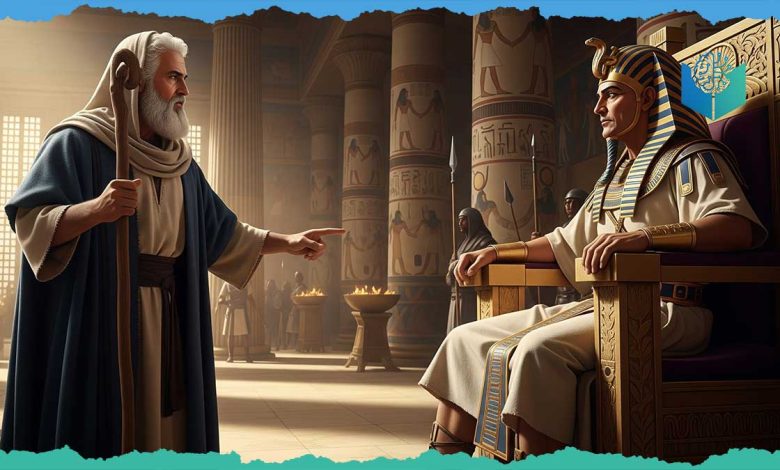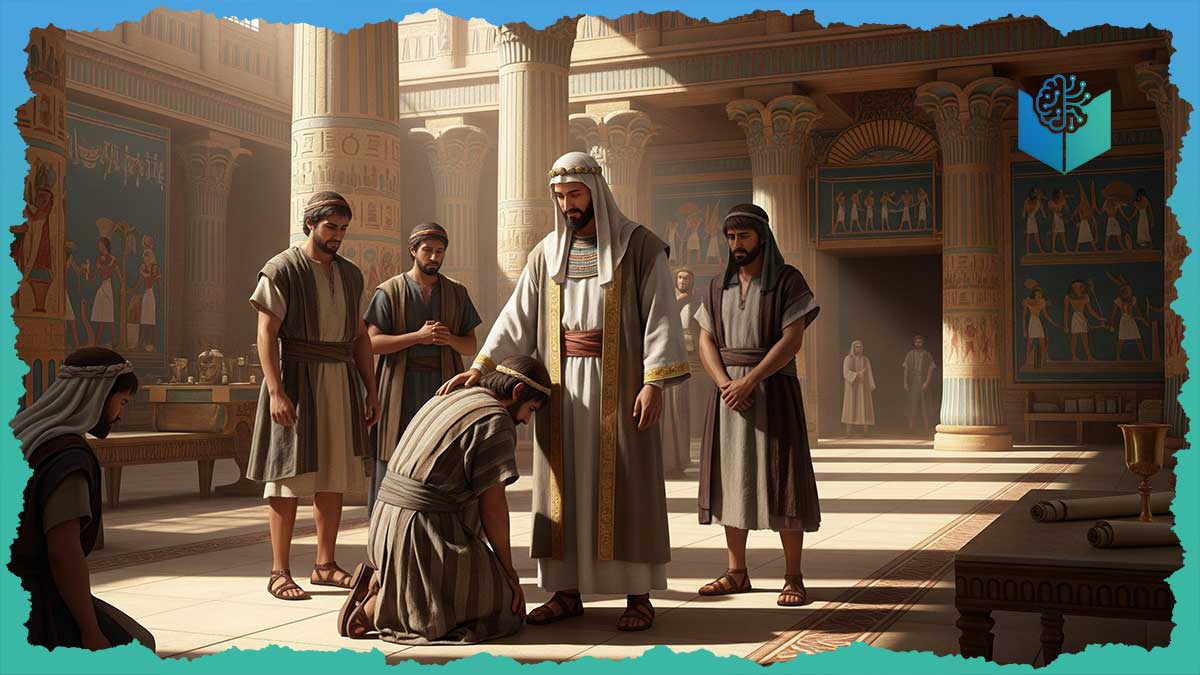What Can We Learn from Quranic Stories Today?

Quranic stories offer timeless insights that remain relevant in today’s fast-paced world, providing guidance on ethics, resilience, and purpose. The relevance of Quranic stories lies in their ability to address modern challenges, while Quranic wisdom today helps individuals find meaning in daily life. These Islamic stories life meaning narratives connect faith to contemporary issues, showing how the Quran and modern life intersect for personal and societal growth. This article explores key lessons from Quranic stories, highlighting their practical applications for everyone seeking inspiration about Islam.
The Relevance of Quranic Stories in Modern Life
Quranic stories are not just historical accounts but divine lessons designed to guide humanity across eras. They emphasize universal themes like justice, patience, and compassion, making them applicable to current global issues such as inequality and environmental concerns. For instance, the story of Prophet Noah in Surah Hud (11:25-49) teaches perseverance amid societal rejection, a message that resonates with people facing modern pressures like social media scrutiny or workplace challenges. The relevance of Quranic stories is evident in how they encourage reflection and action, fostering a balanced life in today’s chaotic world.
Lessons from Prophets for Today’s Challenges
Prophets’ stories in the Quran serve as models for overcoming adversity. The narrative of Prophet Joseph in Surah Yusuf (12:1-101) illustrates forgiveness and strategic thinking, qualities vital for navigating personal betrayals or career setbacks in contemporary society. Similarly, Prophet Moses’ confrontation with Pharaoh in Surah Al-Baqarah (2:49-71) highlights standing against oppression, inspiring activism in modern contexts like human rights movements. These quran story examples show how ancient narratives provide strategies for resilience and leadership today.
According to Islamic studies, these stories ground believers in reality, helping distort perceptions shaped by daily media consumption. They promote ethical decision-making, ensuring the Quran and modern life remain interconnected for positive change.

Quranic Wisdom Today: Timeless Guidance
Quranic wisdom today draws from stories that offer practical advice for emotional and spiritual well-being. The tale of the People of the Cave in Surah Al-Kahf (18:9-26) emphasizes faith during persecution, a lesson for those dealing with discrimination or uncertainty in today’s diverse societies. This wisdom encourages trusting divine protection, promoting mental health and hope amid global crises like pandemics or conflicts.
Moral and Ethical Insights for Daily Living
Moral teachings in Quranic stories guide everyday behavior. The story of Prophet Lot in Surah Al-Ankabut (29:28-35) warns against societal corruption, urging integrity in professional and personal interactions. In a world of ethical dilemmas, such as corporate greed or social injustices, these narratives foster accountability and kindness. The Islamic stories life meaning aspect lies in how they reveal life’s purpose through divine principles, helping individuals find fulfillment beyond material pursuits.
Islamic resources note that following Quranic guidance leads to happiness in this life and beyond, safeguarding against unrestrained lifestyles. This approach integrates faith into routine decisions, enhancing overall well-being.
Islamic Stories and Life Meaning: Finding Purpose
Islamic stories life meaning is rooted in narratives that reveal human existence’s deeper purpose. The story of Prophet Abraham in Surah Al-Anbiya (21:51-70) demonstrates unwavering faith, teaching that true meaning comes from submission to God rather than societal norms. In modern times, where people often seek purpose through careers or relationships, these stories redirect focus to spiritual fulfillment.
Stories for Personal Reflection and Growth
Quranic stories encourage self-examination. The account of Prophet Jonah in Surah As-Saffat (37:139-148) shows repentance’s power, a reminder for those regretting past mistakes in fast-changing lives. By reflecting on such quran story, individuals gain clarity on life’s direction, building resilience against failures. This introspection aligns with Quranic wisdom today, where stories serve as tools for emotional healing and growth.
Sources affirm that Quranic narratives symbolize moral lessons, whether historical or metaphorical, to teach values like compassion. They help discover life’s essence through faith.
Quran and Modern Life: Bridging Ancient and Contemporary
The Quran and modern life connect through stories that address current realities. The narrative of the Queen of Sheba in Surah An-Naml (27:22-44) highlights wisdom in leadership, applicable to today’s decision-makers in business or politics. These stories promote harmony with nature and society, reflecting deep awareness of environmental and social values.
Scientific and Social Relevance
Quranic stories often align with scientific insights, enhancing their modern appeal. Descriptions in Surah Al-Mu’minun (23:12-14) of human creation parallel embryology, showing the relevance of Quranic stories in education. Socially, tales like Prophet Solomon’s interactions teach respect for all beings, fostering inclusivity in diverse communities.
Islamic perspectives emphasize the Quran’s teachings on social matters are adaptable, not absolute, allowing flexibility in contemporary contexts. This adaptability ensures stories remain vital for addressing issues like technology ethics or mental health.
Applying Quranic Stories to Everyday Challenges
Quranic stories provide actionable lessons for daily life. The story of Prophet David in Surah Sad (38:17-26) teaches justice in judgment, useful for resolving conflicts at work or home. By incorporating these narratives, people can navigate stress, relationships, and goals with faith-based wisdom.
Building Resilience Through Reflection
Reflection on Quranic stories builds emotional strength. The account of Prophet Job in Surah Al-Anbiya (21:83-84) exemplifies patience in suffering, helping those facing health or loss issues today. Regular contemplation fosters a mindset of gratitude and hope, key to mental well-being.
Studies indicate Quranic guidance promotes peace and harmony, protecting against life’s traps. This practice enhances self-awareness and empathy.

Quranic Stories for Children and Families
Quranic stories are ideal for teaching youth about Islam. Simplified versions of tales like Prophet Noah’s ark engage children, imparting morals like obedience and kindness. Families can use these as bedtime stories to instill values, bridging generations.
Educational Value in Modern Settings
In schools or online, Quranic stories educate on history and ethics. The story of Prophet Solomon in Surah An-Naml (27:16-44) teaches humility despite power, relevant for young leaders. This approach makes learning fun and meaningful.
Resources suggest these stories improve ethical decision-making in children (Islamic Foundation, 2018).
The Impact of Quranic Stories on Society
Quranic stories influence societal norms by promoting justice and unity. The narrative of Prophet Muhammad’s migration in Surah Al-Anfal (8:30) inspires community building, applicable to modern migration and integration efforts. They encourage collective responsibility for a better world.
Global Relevance and Unity
In a divided world, Quranic stories foster understanding across cultures. The story of Mary in Surah Maryam (19:16-34) highlights purity and devotion, resonating universally. This shared wisdom promotes peace and cooperation.
Perspectives affirm the Quran’s teachings revolutionized societies, changing worldviews.
Conclusion
Quranic stories hold immense value today, offering lessons in resilience, ethics, and purpose. Their relevance of Quranic stories lies in addressing modern dilemmas, while Quranic wisdom today provides tools for personal fulfillment. Through Islamic stories life meaning, individuals discover deeper existence, and the Quran and modern life blend seamlessly for growth. By reflecting on these narratives, people can apply divine guidance to daily challenges, enriching lives about Islam and society. These timeless tales continue to inspire, proving their enduring power in shaping better futures.
Q&A
How many stories are there in the Quran?
There are over 200 stories mentioned in the Quran, including those of prophets, nations, and moral lessons. Many are repeated with different details to emphasize guidance and reflection.
What is the main story in the Quran?
The Quran doesn’t have a single main story but contains multiple narratives, with the story of Prophet Muhammad and the message of Islam being central. The story of Prophet Joseph (Surah Yusuf) is often highlighted as a complete, cohesive narrative emphasizing faith, patience, and divine wisdom.
What are the moral lessons of the Quran?
The Quran teaches moral lessons such as compassion, justice, honesty, patience, and trust in God, as seen in stories of prophets like Joseph and Moses. These narratives emphasize forgiveness, resilience, and ethical conduct, guiding individuals to live righteously in all aspects of life.





